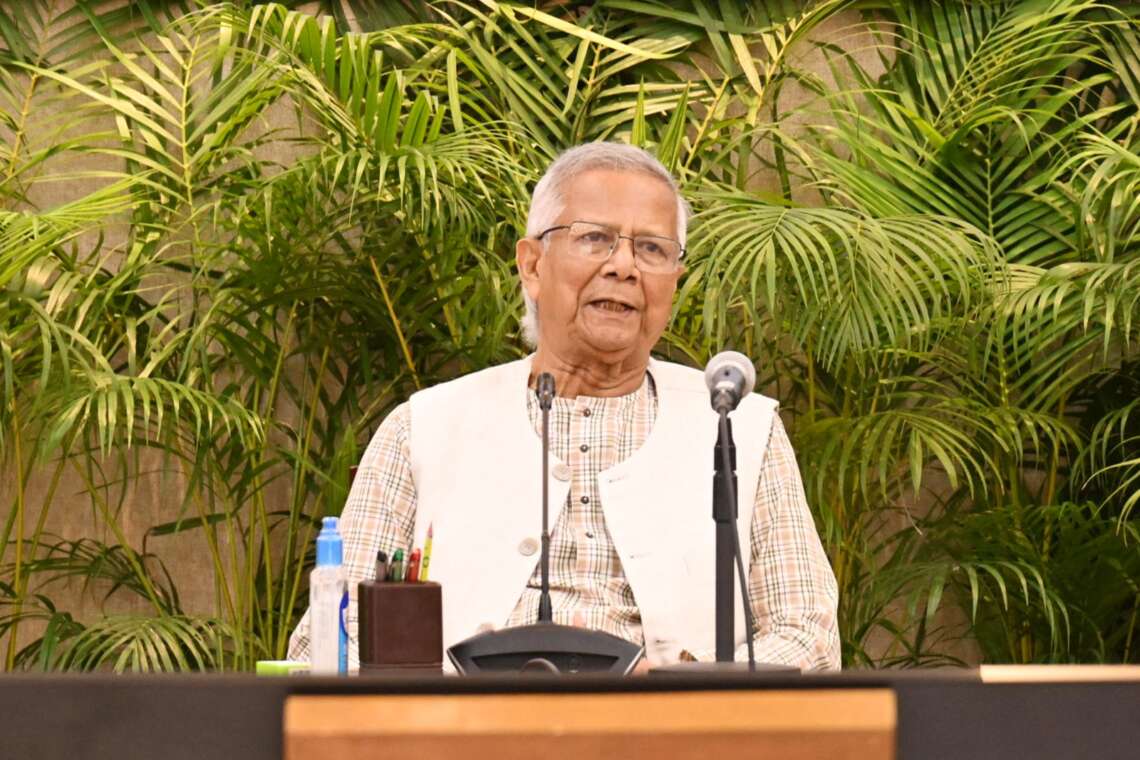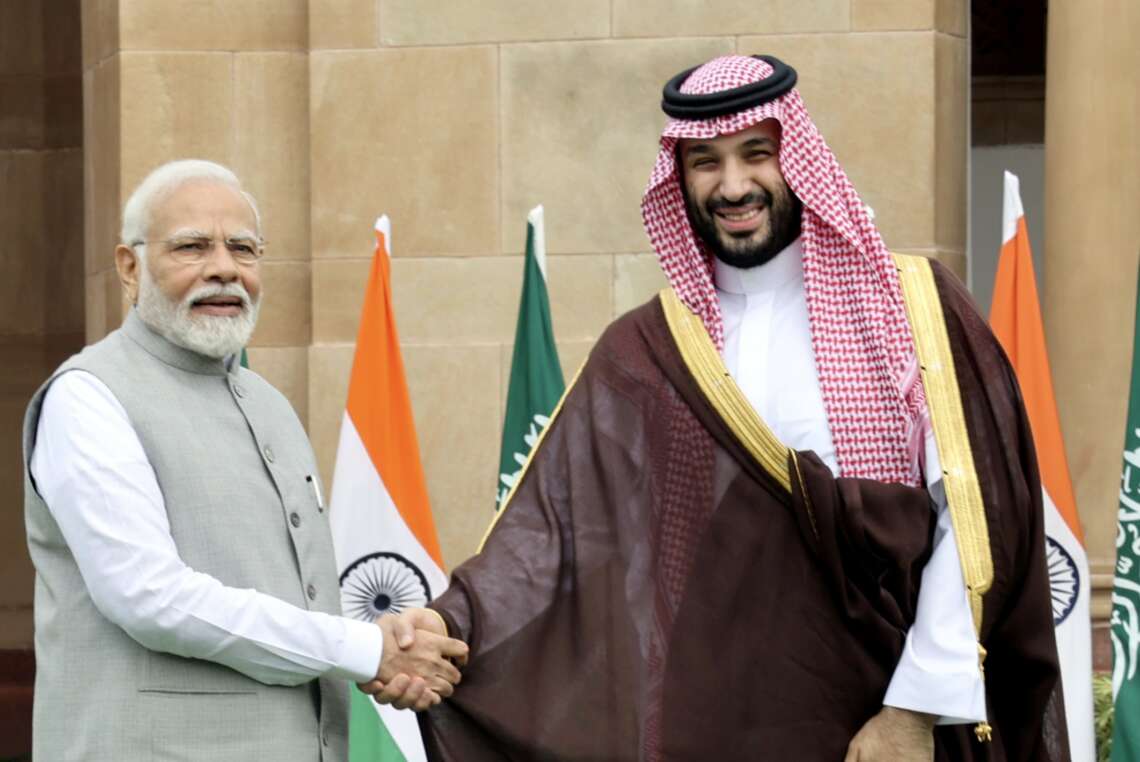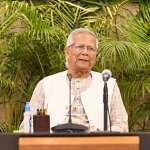The United States has reissued a travel advisory urging its citizens to reconsider travel to Bangladesh, citing heightened threats of civil unrest, crime, and terrorism under the country’s interim government led by Muhammad Yunus.
The advisory, released by the US Department of State on Friday, specifically warns against travel to the Chittagong Hill Tracts — including Khagrachari, Rangamati, and Bandarban — due to increased risks of communal violence, terrorism, kidnapping, and separatist activity.
“Kidnappings have occurred in the region, including those motivated by domestic or familial disputes, and those targeting members of religious minorities,” the advisory noted. It also mentioned recent instances of improvised explosive device (IED) attacks and active shootings.
The advisory emphasised that any travel to the Hill Tracts requires prior approval from Bangladesh’s Ministry of Home Affairs. Due to the risk, US government employees are prohibited from travelling to these areas.
Restricted Movement Even Within Dhaka
Outside the capital, restrictions are even tighter. US government personnel in Bangladesh are barred from non-essential travel beyond the diplomatic enclave in Dhaka and must seek special authorisation for any movement outside the city.
The advisory also cautioned that the US government has limited ability to provide emergency services to citizens in Bangladesh, particularly outside the capital, due to poor infrastructure, travel restrictions, and limited host nation response capabilities.
Concerns Over Political Violence and Crime
Citizens were urged to avoid demonstrations and political gatherings altogether, with the advisory warning that such events can “quickly escalate into violence.”
The US also flagged widespread petty crime in urban areas, including pickpocketing, muggings, and burglaries, as well as more serious concerns such as assaults and illegal drug trafficking.
This latest warning comes amid an uncertain political climate in Bangladesh, as the interim government attempts to maintain stability following months of protests, arrests, and opposition crackdowns.











